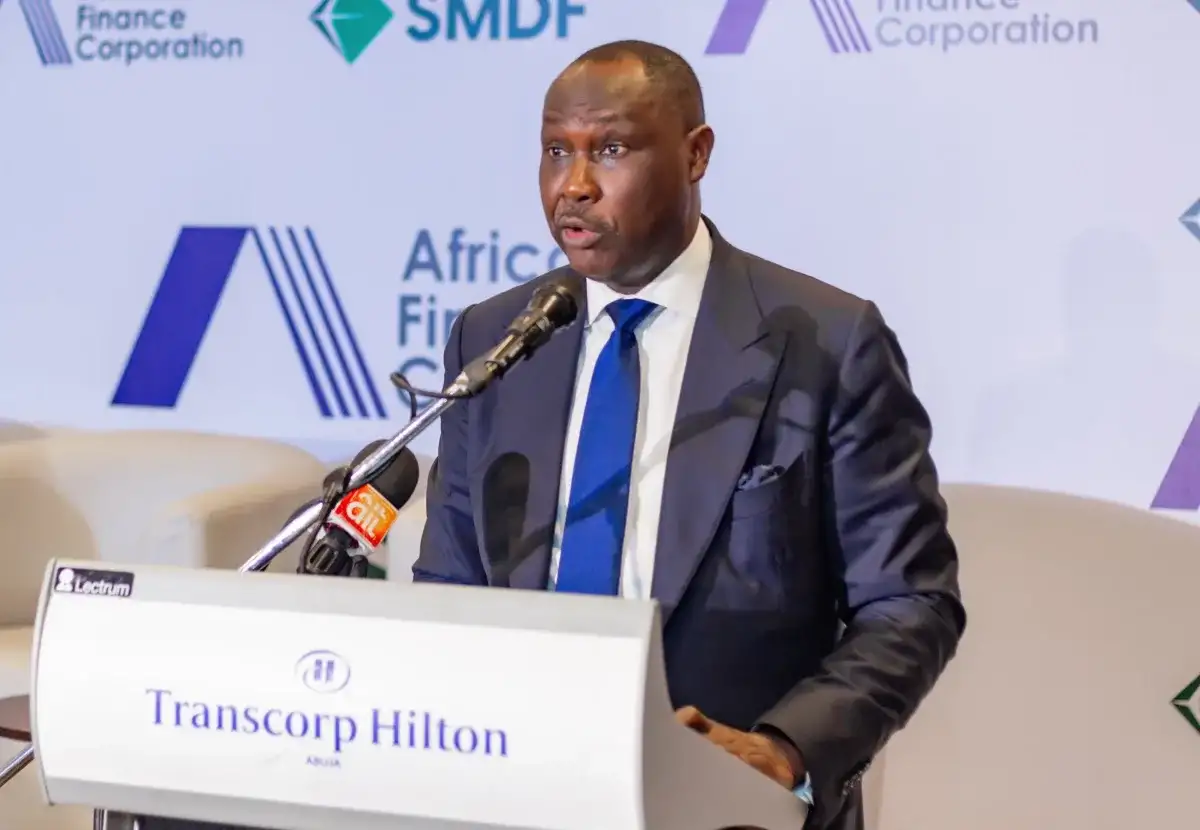The Africa Energy Bank (AEB) is facing major challenges as it prepares to launch and fund energy projects across the continent. With an initial funding of $5 billion, the AEB aims to provide financing for oil and gas projects in Africa, where investments in the sector have been declining. However, the bank is struggling to raise enough funds and adapt to the changing global energy landscape.
One of the biggest problems is the lack of enough money to meet Africa’s growing energy needs. Although the AEB was started with contributions from member countries and institutions like Afreximbank, many experts doubt whether this funding is enough to close the large financing gap in the energy sector. Nigeria’s Minister of State for Petroleum, Heineken Lokpobiri, highlighted that funding is a major issue for oil-producing African nations. He explained that many international oil companies have abandoned projects due to economic instability and tough business conditions.
The global move towards renewable energy adds to AEB’s challenges. As investors focus more on sustainable projects, oil and gas investments have become less attractive. This has caused a drop in funding for Africa’s oil and gas sector, with major companies pulling out of projects due to these shifts. The AEB’s focus on fossil fuels may make it harder to attract investments as the world prioritizes cleaner energy.
Another concern is how the AEB will be managed. To succeed, the bank needs to focus on projects that improve energy access and boost development. Experts say good governance and transparency are critical to ensure funds are used effectively and reach the people who need them most.
HAVE YOU READ? BII Invests $16M in Africa Go Green Fund to Boost Sustainability
Despite these issues, there is hope that the AEB can help Africa achieve energy independence. By addressing local energy challenges with local solutions, the bank could support local players in the energy industry and promote consistent energy policies across the continent. The AEB is also expected to encourage technology sharing and develop infrastructure, both of which are key to improving energy access.
The need for a strong energy financing system like the AEB is urgent. Around 600 million Africans live without electricity, and 900 million lack clean cooking facilities. The AEB aims to provide steady funding to unlock investments in critical infrastructure and help address these challenges.
As global financial institutions step back from funding fossil fuel projects over environmental concerns, the AEB could play a key role in making sure Africa doesn’t fall behind in energy development. By balancing investments in both traditional energy sources and renewables, the bank could help create a more stable energy future for the continent.
MORE: Dangote Seeks Billions to Boost Nigeria’s $20B Refinery Production
Its success will depend on its ability to raise more money, handle the shift in global energy trends, and ensure strong governance. If it can overcome these hurdles, the AEB could play a major role in transforming Africa’s energy sector and driving sustainable development. Collaboration between member countries and other stakeholders will be critical to achieving these goals and meeting the energy needs of millions across Africa.










